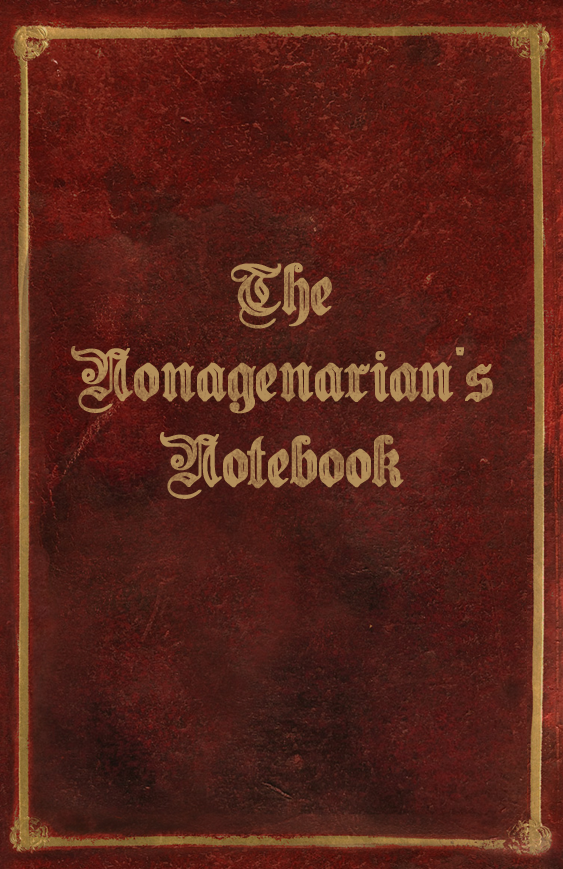Where the press is truly free, and everyone is able to read, all is safe.
—Thomas Jefferson.
The brooding statue of Giordano Bruno in the Campo del Fiori in Rome attracts few tourists. Among those who do stop to look at it, fewer still know who Bruno was and why he has been so honoured. But he is fondly remembered in academic and literary circles, and is revered as a hero by many modern dissidents.
Bruno was a 16th-century Dominican friar who quit the order to become an itinerant philosopher and teacher. He was burned at the stake for heresy in 1600 by the Roman Inquisition.
His “heresies” were many, but the one that most infuriated the Vatican was a view he shared with Galileo, and earlier with Copernicus — that Earth was not the centre of the universe. He wrote several treatises contending that our planet revolves around the sun, and that the stars are distant suns that probably also have planets circling them.

This theory, of course, contradicted the Church’s doctrine that the whole universe rotates around Earth, as God had ordained. And so Bruno was excommunicated, imprisoned for seven years, and finally executed. He could have saved his life and regained his liberty if he had recanted his heresies, as Galileo did, but he adamantly refused to do so.
For his exemplary courage, he has been immortalized by the statue in Rome, and he is also the character “Nolan” in James Joyce’s Finnegan’s Wake. (A Nolan is a citizen of Nola, a town near Naples, where Bruno was born.)
Novelist Morris West wrote a three-act play about Bruno, which was published as a book called The Heretic in 1969 and which I recently re-read. In his preface, West describes Bruno as the quintessential non-conformist of the Middle Ages – as the “odd man out” who refused to agree with what the ruling powers (in this case the Church) insisted was true, but which he knew was false.
West wrote his play as much to honour the heretics of today as to pay homage to the historical Bruno. He said it was a mistake to assume that dissent from the prevailing orthodoxy is tolerated today any more than it was in Renaissance Italy. It’s just that what West calls “the mechanics of social control” are much more sophisticated today than they were 400 years ago. Heretics are still jailed, tortured, and hung or beheaded in some Arabian countries, but not in the “civilized” Western industrial nations. They are subjected, however, to methods of suppression that can be just as effective, if not as physically painful.
Punishing peaceful protesters
“The growth in large monopolies in communication [dedicated to defending the status quo],” wrote West, “has forced the protesters into the streets, where their protests may easily be construed or manipulated into a public disorder. A whole industry has been built around the art of affirmation, but the dignity of dissent is daily denigrated, and the doubter is in disgrace…“This is why I wrote the story of Giordano Bruno, dead and buried for heresy centuries ago. I could not believe that any man should be required to sell his soul to anyone who promised him order, discipline, social acceptance, and three meals a day.”
What the Church feared in medieval times was that Bruno’s ideas and books would influence others and that a growing number of doubters and dissenters would threaten its doctrines and hence its power. Not having a sophisticated propaganda machine to discredit Bruno, it resorted to brute force to stop him from spreading his heretical claims.
Today’s corporate hierarchs also fear those who challenge their neoliberal ideology, especially if they seem to be attracting a large following, but the “church” of the modern ruling élite has no need for the rack or the stake. Its propaganda version of the Inquisition is much more subtle. It ridicules and stigmatizes the heretic’s conflicting opinions, thus deterring their broad acceptance.
I’m referring, of course, to the corporate-owned mass media, arguably the most powerful mechanism for protecting a dominant doctrine that has ever been created.
Dissenters maligned, ridiculed
Those who own and control the mainstream newspapers and TV and radio networks are not so foolish as to try to stifle dissent completely. They allocate a limited amount of space and time for dissenters to propose different policies. This is necessary to maintain the illusion of a “free” press, but the dissidents’ access to the commercial media is far from sufficient to enable them to reach the public continuously and effectively. And their unorthodox views are overwhelmed by the unceasing chorus of establishment writers and columnists (and far-right hot-line radio hosts) whose main function is to disparage the dissidents and depict them as rogues or crackpots.Occasionally, however, a modern-day heretic may still manage to garner more public attention and support than the corporate élite would prefer. He or she then becomes the target of s sustained smear campaign. This has been the fate of populists like Ralph Nader, Chris Hedges, and Jesse Jackson — and to some extent Bernie Sanders — in the United States. They still get occasional exposure on CNN and other networks, but usually in company with contemptuous right-wing panelists who treat them as pie-in-the-sky fanatics.
Here in Canada, progressive activists are also subjected to the same kind of media denigration. Take Maude Barlow, for example. The eloquent chair of the Council of Canadians had become a thorn in the corporate back-side. With her books, her speeches, her council’s growing influence, she was an outspoken critic of corporate misconduct, especially in the industrial pollution of Canada’s waterways. To the CEOs, that made her dangerous, so they unleashed their media attack dogs in an effort to bring her into disrepute. Simply to let her vent for a while and then moan, “Oh, no, not Maude Barlow again!” was thought to be enough to discredit her. It wasn’t. Her image remains untarnished, and she is as vocal as ever.
It has to be admitted, however, that in recent years Maude’s appearances on TV and in the press have declined, which may be a sign that the corporate smear campaign was not entirely ineffectual. The same fate has befallen other progressive writers, speakers and activists, whose time in the media spotlight has also sparkled for a spell before gradually being snuffed out.
A personal experience
I had a taste of this kind of treatment back in the 1970s when I was writing a weekly column on labour relations for the Toronto Star. Since I also held a full-time PR job with a union at the time, and since I frequently used the column to snipe at misbehaving business leaders, I naturally incurred their displeasure.After I started the column in 1968, they tried several times to persuade the Star’s managing editor, Martin Goodman, to terminate it. But Marty was that rarity in the upper echelons of commercial journalism at the time: an editor who refused to be cowed by corporate demands. You might say that Marty himself was a heretic in the sense that he fiercely defended my “heresies.” After he snubbed my corporate foes for the umpteenth time, they finally gave up and I went on to write the column for 14 years, subjected only to occasional snipes by the business page columnists.
It took them 14 years, but the CEOs eventually did rid themselves of my Toronto Star column. It happened after Martin Goodman tragically died from cancer in 1982. Shortly after his death I received a phone call from the paper’s publisher telling me curtly that my column was “no longer needed.” With Marty gone, I was left with no protection from the vengeful CEOs.
Now that I’m confined to writing blogs for the CCPA and The Independent, my anti-big-business views don’t reach enough people to make the CEOs concerned — as they did when published in the paper with by far the largest circulation in Canada. So I can now safely be ignored. Of course, with the Internet now serving as easily accessible alternatives to the corporate media, it may leave the business barons with no viable substitute for the Inquisition.
Let’s hope so. In any event, it’s worth keeping in mind that, although Giordano Bruno continues to inspire and encourage us 417 years after his death, the names of his ecclesiastical persecutors — even that of Pope Clement VIII, who ordered his burning at the stake — have long since been forgotten.
Ed Finn was Senior Editor at the CCPA and editor of the CCPA Monitor from 1994-2014. Formerly, as a journalist, he worked at The Montreal Gazette and for 14 years wrote a column on labour relations for The Toronto Star. He also served for three decades as a communications officer for several labour organizations, including the Canadian Labour Congress and the Canadian Union of Public Employees. And yes, Ed is a true nonagenarian, having celebrated his 90th birthday this past summer. Stay tuned for more passages from The Nonagenarian’s Notebook.






